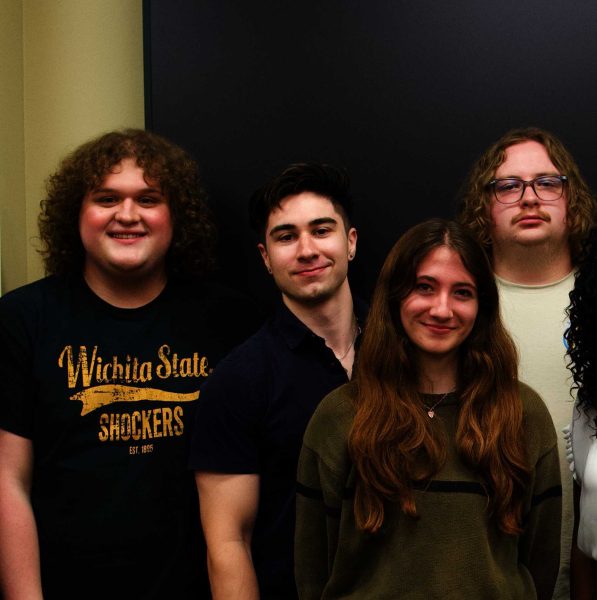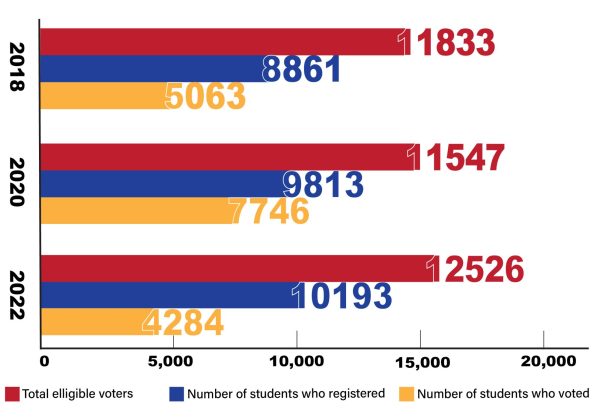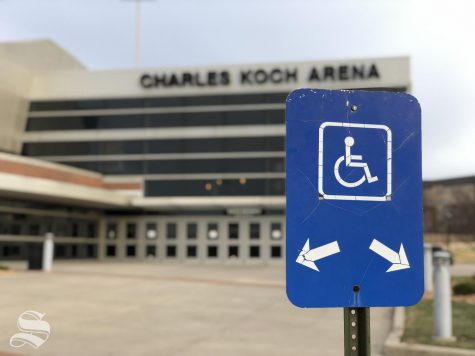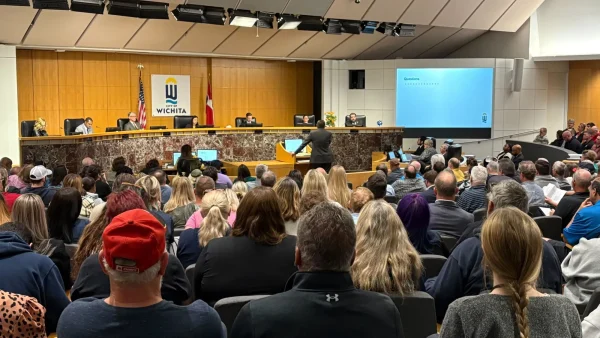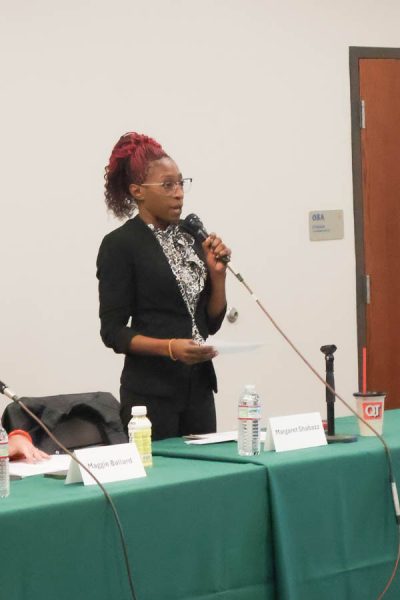University to direct discussion on chapel’s future
The Grace Memorial Chapel underwent renovations last spring in an attempt to make the space more accommodating to all faiths, but a recent and delayed backlash has ignited conversation and confusion among students and community members.
The chapel, located in the heart of the campus north of the Rhatigan Student Center, was built in 1963 with funds made available to WSU by Mrs. Harvey D. Grace, donated in memorial of her husband.
Last fall, the Student Government Association developed and proposed an idea for several changes to be made to the interior space of the chapel, including the removal of the pews and altar, to convert it into “a flexible, faith-neutral space where the spiritual needs of all students, faculty, and staff can be accommodated,” the proposal read. It also mentioned that Grace made it clear in her will that anyone from any creed or background would be welcome to use the chapel, and that it was not built specifically for any religion at all.
The proposal was approved the following spring, and the changes were made shortly thereafter, according to previous Sunflower articles. The chapel, or Interfaith Prayer Space, is now equipped with removable chairs in place of the pews and carpeted floors for students of various faiths to practice their religion.
However, after an individual Facebook post sparked controversy about the changes, the Grace Memorial Chapel Use Committee, which met Wednesday to discuss the issues, is making reconsiderations.
The Facebook post, which was created Friday and criticized the renovations, gained attention quickly and drew the community’s attention to the chapel. Some of the comments on the post were considered by many to be derogatory, and started a discussion about Islamophobia, or prejudice against Muslim individuals. Many of the commenters on the post used words such as “disgusting,” “terroristic” and “scary” directed toward Muslims.
WSU Student Body President Joseph Shepard said he thinks many of the controversial views were expressed out of misinformation.
“I personally believe that these comments being made were out of a lack of education,” Shepard said. “I think a lot of people don’t understand what it means to have an Interfaith Prayer Space. It does not mean that we’re disrespecting the Christian faith.”
Shepard, who released his own rebuttal Tuesday on Facebook, said it was disheartening for him to see the comments that were being made about the Muslim community.
“This just shows us that we’ve come a long way, but we still have a very long way to go,” Shepard said. “I think that we need to take this opportunity to educate these individuals and teach them what it means to be culturally competent, what it means to be diverse, and what it means to be an inclusive campus.”
The Grace Memorial Chapel Use Committee members came together Wednesday to discuss what steps they will take to move forward after the online dialogue over the weekend.
A town hall forum will be scheduled in the near future for community members to gain more information about the renovations, Shepard said.
Shepard also said he hopes to have the new and improved resolution out by the beginning of November, which will take the views of the community into more consideration following the forum. The new resolution will be presented to university President John Bardo, who will ultimately make the final decision, said Eric Sexton, vice president of Student Affairs.
“I think that as people learned more about the space, [they] began to identify questions and issues that they wanted to point out,” Sexton said. “We are not in the business of tolerating intolerance, but we are in the business of engaging in dialogue. We will work to develop a process in which we can engage our campus, as well as our Wichita community in this dialogue.”
Jonathan Flesher, director of Campus Ministries, said he hopes the resolution will meet needs of those individuals whose voices may not have been heard the first time around, and bring the situation back to a good standing with the public.
“It was a cosmetic change that was intended to be to the benefit of everyone, and now it’s become something I don’t think it was ever needed to be,” Flesher said. “I think we’re in a good spot now, we’re doing what needs to happen to bring things to a better place.”



